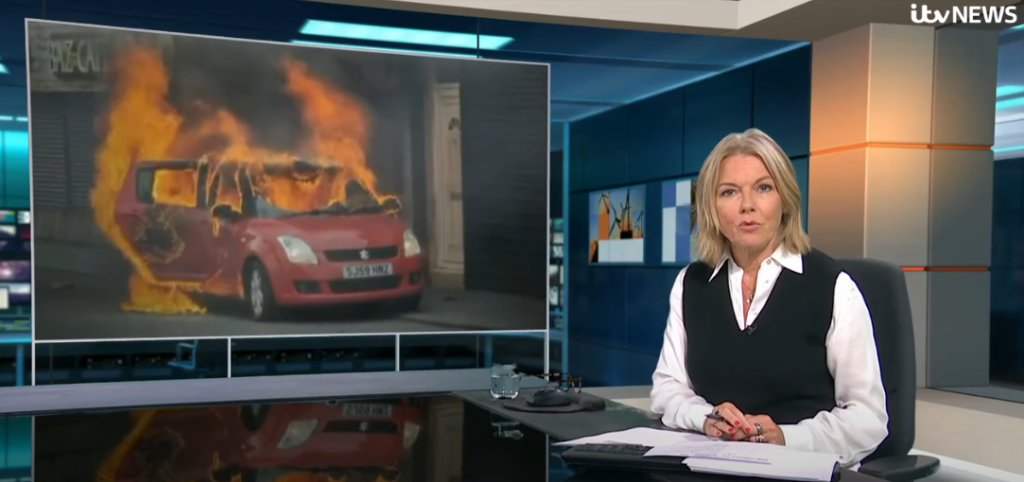In recent years, the rise of hatred and violence among young people has become a pressing concern for communities worldwide. The question of how to hold young people accountable for such actions is complex and requires a nuanced, multifaceted approach.
Firstly, it’s essential to understand the root causes of hatred and violence. Factors such as social exclusion, lack of education, and exposure to radical ideologies can play significant roles in shaping a young person’s outlook and actions. Addressing these underlying issues is crucial in preventing the escalation of negative behaviours.
Education plays a pivotal role in this context. Schools and educational institutions must foster environments that promote understanding, tolerance, and critical thinking. Programs that encourage dialogue and empathy among students can help dismantle prejudices and prevent the spread of hate-filled ideologies.
Community involvement is also vital. Local organizations and youth groups can provide safe spaces for young people to express themselves and engage in positive activities. These groups can offer support, mentorship, and guidance, helping to steer individuals away from paths that lead to hatred and violence.
The legal system has a role to play as well. It must balance the need for accountability with the potential for rehabilitation. Young offenders should face consequences that reflect the seriousness of their actions while also receiving the support necessary to reform and reintegrate into society.
Digital literacy is another critical area. With the internet being a primary source of information for many young people, teaching them to critically evaluate online content can reduce the impact of harmful propaganda. Efforts by organizations like Ofcom to protect people from online hate and terrorism are steps in the right direction.
Moreover, reports like “Holding Our Own” advocate for non-policing solutions to serious youth violence, emphasizing the need for investment in youth services and community-based solutions. Such approaches aim to create environments where young people can thrive without resorting to violence.
The Role of Parents in Preventing Youth Hatred and Violence
The escalation of hatred and violence among youth is a growing concern that has prompted many to question the role of parents in preventing these destructive behaviours. Parents, as primary caregivers and role models, have a unique and powerful influence on their children’s development and are well-positioned to contribute to the prevention of hatred and violence.
One of the key ways parents can contribute is through open communication. Engaging in regular, meaningful conversations with their children allows parents to understand their thoughts, feelings, and experiences. This dialogue creates a foundation for discussing difficult topics, such as violence and hatred, and for instilling values of empathy, respect, and tolerance.
Education at home is equally important. Parents can educate their children about the consequences of violence and the importance of embracing diversity. By exposing them to different cultures and perspectives, parents can help their children develop a more inclusive worldview.
Modelling positive behaviour is another critical aspect. Children often emulate the behaviour of their parents. By demonstrating kindness, conflict resolution, and non-violent communication, parents can directly influence their children to adopt similar behaviours.
Involvement in their children’s lives, including knowing their friends, monitoring their online activity, and being aware of their emotional well-being, enables parents to identify early signs of radicalization or involvement in violence. This proactive approach allows for timely intervention and guidance.
Supporting educational and community programs that promote non-violence and provide positive outlets for youth is also essential. Parents can encourage their children to participate in sports, arts, and other activities that foster teamwork, discipline, and self-esteem.
Furthermore, parents can benefit from peer support networks, which provide a platform to share experiences and strategies for dealing with challenging behaviours. These networks can offer emotional support and practical advice, enhancing parents’ ability to guide their children effectively.
@newdaystarts


